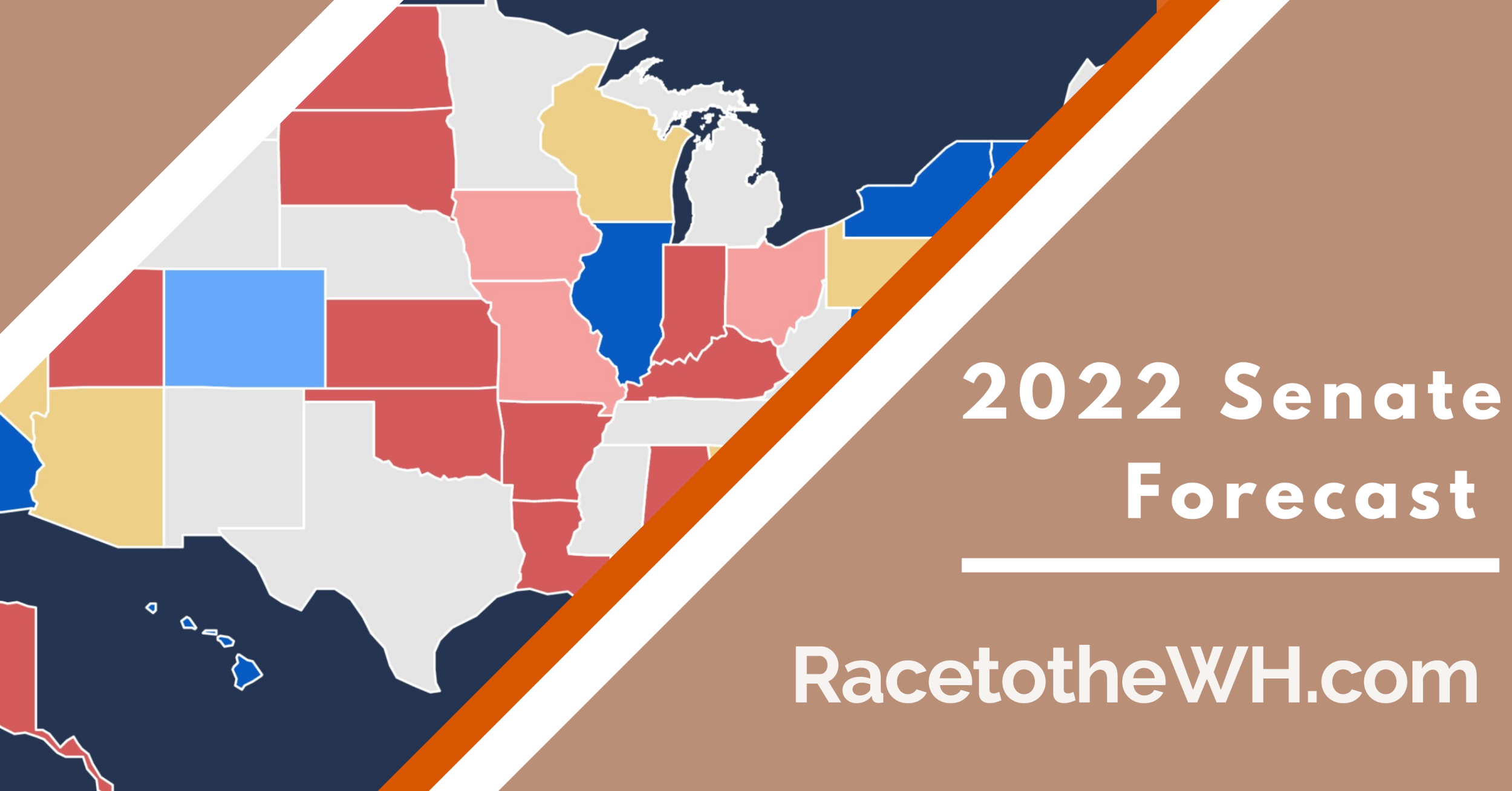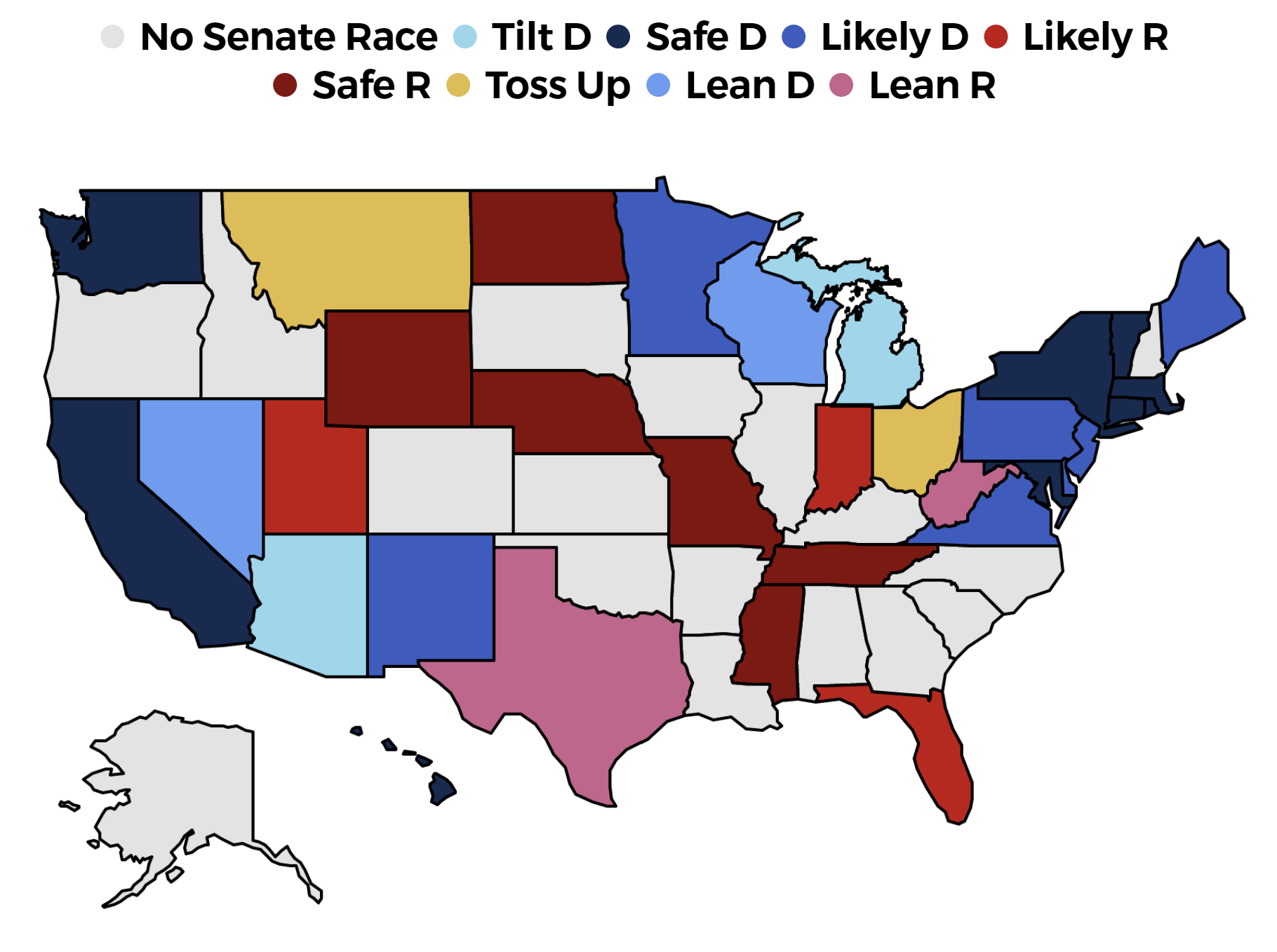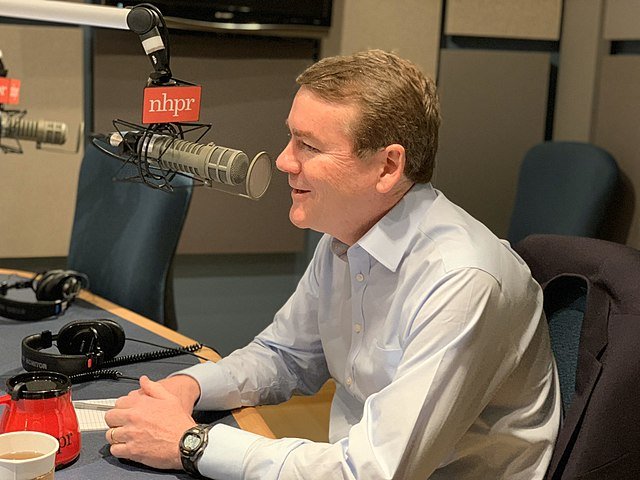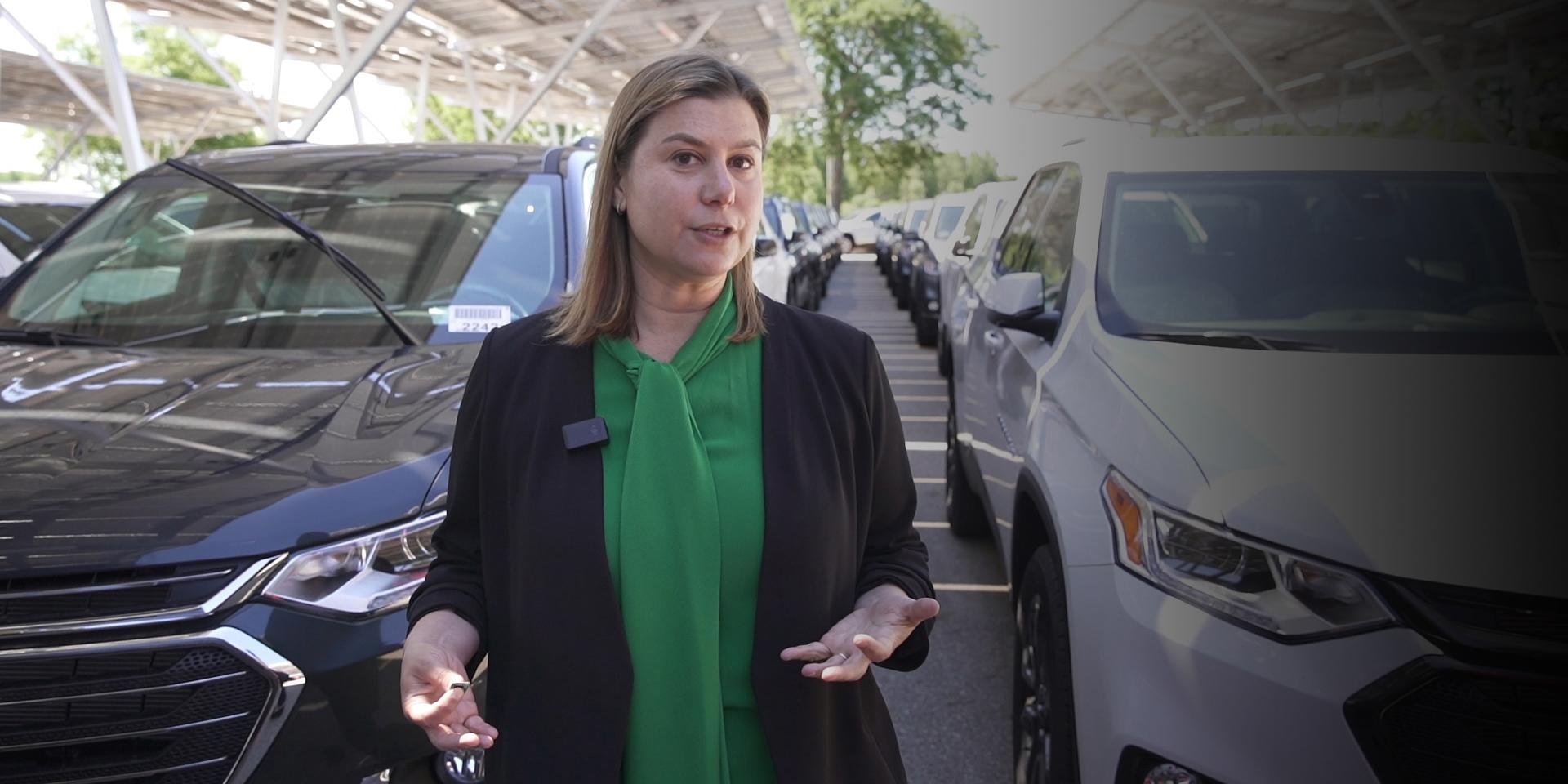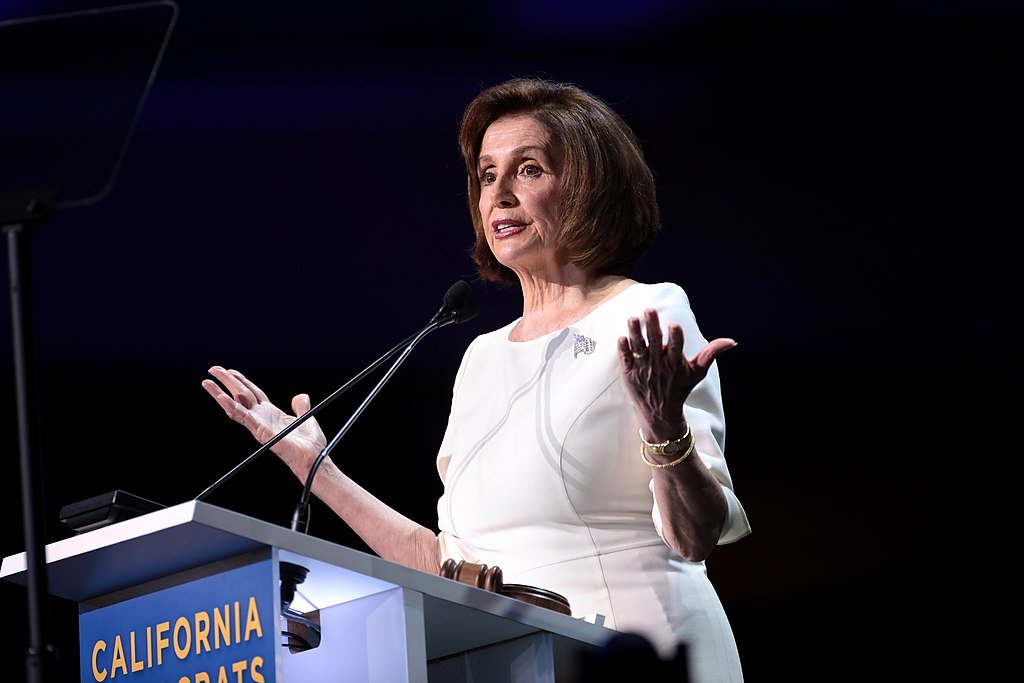2024 Republican Primary Polls and Power Rankings
Feature Created by Logan Phillips
RacetotheWH Forecast & Interactives:
Years before the voting starts, Presidential hopefuls begin a delicate dance as they try to box out other contenders, build deep wells of support in the party, and establish a unique brand that separates them from the field. We give every potential candidate a power score based on a combination of hard polling data and assessments of the candidate's skillsets and capacity to fundraise.
For now, we’re showing the polling for a primary where Trump doesn’t run. If he does run, Trump would be in the lead with 49.8% of the vote, as of December 29th.
You can learn more about how the scores are calculated at the bottom of the page. This forecast is updated frequently.
Six Factors in the Power Score
Quantitative Factors:
1. Primary polling (35%):
Polling even this early has a surprisingly high amount of predictive value. About half of the candidates since 2000 with over 20% in the polls this early go on to win. I give a considerably strong rating to candidates that can even get 4-5% of the vote. It’s much easier for candidates to attract higher levels of support once they have some traction.
2. Favorability with Republican Voters (12%):
Candidates that are widely liked across the party are well-positioned to thrive because they have an already existing group of voters that are potentially open to supporting their campaign. I take a candidate's net favorability for this part of the score - that’s their favorable rating subtracted by their unfavorable rating. You can see every candidate’s favorable rating in the Primary Polling interactive feature
3. Experience in Office (10%):
There’s pretty clear evidence that candidates with higher levels of elected office win elections more often, including Presidential nominations. President Trump clearly was an exception to this rule, but he’s the only first-time candidate from either party to secure a nomination since voters started selecting their nominees in the 1960s.
Qualitative Factors:
4. Campaign Skills (24%):
Natural political athletes like Barack Obama or Ronald Reagan excel even when they don’t start as top tier contenders. I'm looking for candidates that are excellent speakers, know how to message to their audience, are eminently watchable, and have a history of winning difficult elections and out-performing members of the same party in their state.
5. Electability (11%):
Candidates that effectively make the case that they are the most electable candidate can significantly boost their chance of winning the nomination. This was an important element of Joe Biden’s bid in 2020. Electability is a hybrid score - twenty percent of it comes from candidates' approval ratings with Americans at large. Eighty percent comes from my personal assessments. I'm looking for candidates that carry appeal beyond the Republican voting base and that outperformed other Republicans in their state in general elections. I'm also keeping an eye on candidates that could potentially build unique coalitions, and penalizing candidates that risk making Republican backsliding in the suburbs permanent.
6. Fundraising (8%):
Presidential campaigns are prohibitively expensive, and it takes successful fundraising to mount a serious bid. A strong/weak fundraising quarter can send clear messages about a candidate's viability to potential supporters. I determined these scores based on their fundraising history, their potential to attract grassroots support online, and their connection to big donor markets.
Race for the Senate
Follow our latest forecast for the 2022 Senate, which is simulated over 10,000 times every update.
